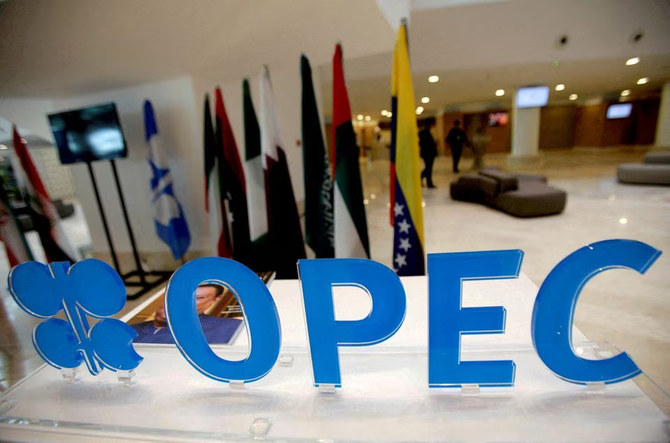The Organisation of the Petroleum Exporting Countries (OPEC) has raised an alarm over the need for serious and continuous investment in the global oil and gas sector, especially in upstream operations, warning that a total of $14.9 trillion will be required between 2025 and 2050 to meet rising energy demands and avoid a potential global energy crisis.
This figure represents the largest portion of the estimated $18.2 trillion that will be needed for total oil-related investments across exploration, production, refining, and transportation within the 25-year period. The annual investment requirement is pegged at $574 billion, which OPEC says is necessary to sustain global energy security and support the transition needs of developing countries.
The projections were made public in OPEC’s newly launched 2025 World Oil Outlook (WOO). According to the report, global oil demand will increase significantly from 103.7 million barrels per day (mb/d) in 2024 to about 116.5 mb/d in 2045, peaking at 123 mb/d by 2050. This means a steady growth of 18.6% over 26 years, contrary to the popular belief that fossil fuel use will decline in the near future.
The group’s Secretary-General, Haitham Al Ghais, dismissed the idea of a looming “peak oil demand” as unrealistic. In the report’s foreword, he described the call for a rapid phase-out of fossil fuels as a fantasy that ignores the economic and energy challenges of developing countries, especially those in the Global South.
Al Ghais said: “There is no peak oil demand on the horizon. Efforts to quickly abandon fossil fuels fail to recognise the basic need for affordable and reliable energy, particularly in countries where many still live without electricity or clean cooking fuels.”
The report noted that upstream operations — covering oil exploration and crude production — will consume the majority of the required capital at $14.9 trillion, followed by downstream investments (refining and processing) at $2 trillion, and midstream infrastructure (transport and storage) at $1.3 trillion.
OPEC’s forecast stands in sharp contrast to that of the International Energy Agency (IEA), which predicts oil demand will peak before 2030 as more countries adopt renewable energy technologies. However, Al Ghais criticised such positions, describing them as politically driven and lacking real-world consideration for energy needs in Africa, Asia, and other emerging regions.
According to the WOO 2025 report, urbanisation and population growth are two major drivers of oil demand. It projects that global urbanisation will increase from 57% in 2024 to 68% by 2050, with most of the growth expected in Africa and Asia. For instance, China is expected to reach 80% urbanisation, while India will grow from 37% to 53% by 2050.
OPEC’s data also shows that North America, mainly the United States and Canada, currently lead in upstream investment needs with nearly $250 billion annually, driven by high development costs and production volumes. But from 2025 to 2050, the focus will shift toward OPEC members and their allies under the Declaration of Cooperation (DoC). Their share of global upstream spending is projected to rise from 25% to 40%, with annual spending increasing from $120 billion to $240 billion.
Other non-OPEC oil producers, excluding the US and Canada, will also raise their upstream investment from $90 billion to almost $150 billion yearly by 2050.
The growing global demand for energy is also being pushed by the rise of energy-hungry technologies such as artificial intelligence (AI), cloud computing, and data centres, which require constant and reliable power.
As this trend continues, oil-rich African countries like Nigeria are eyeing new investments. With an estimated 37 billion barrels of crude oil reserves and 209 trillion cubic feet of natural gas, Nigeria is working to attract capital into its oil and gas industry, to drive industrialisation and create jobs. Industry players believe the long-term outlook will boost investor confidence.
OPEC insists that stable and adequate funding is critical to avoid global energy shocks, and urges member states and global stakeholders to focus on building a balanced energy future.
